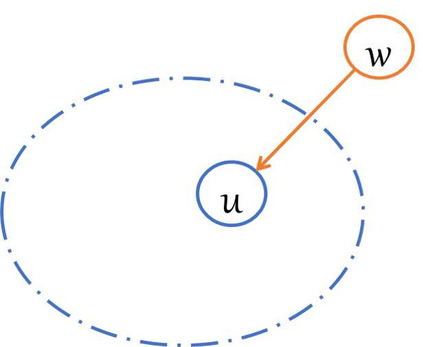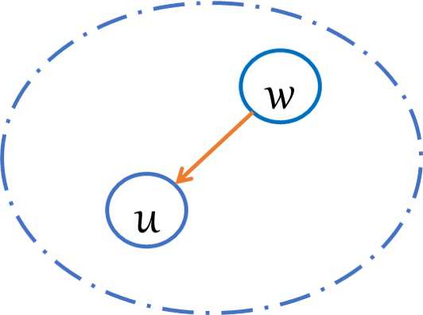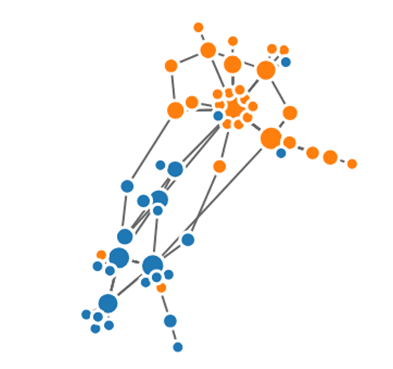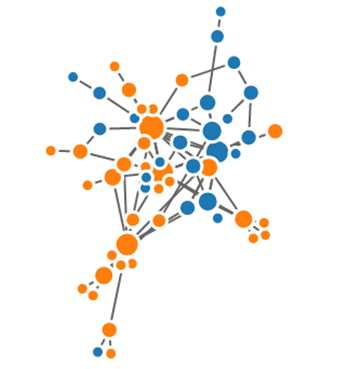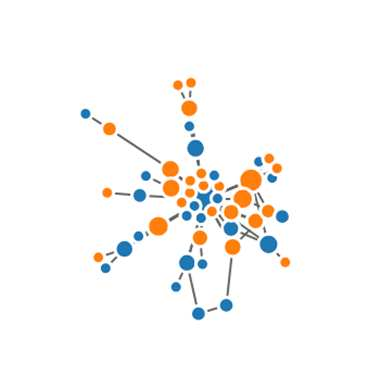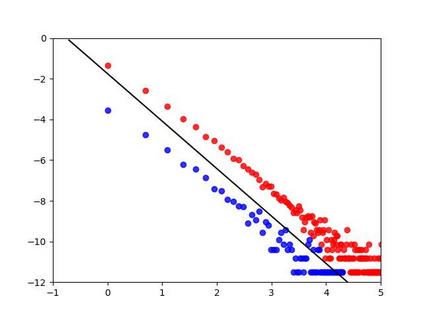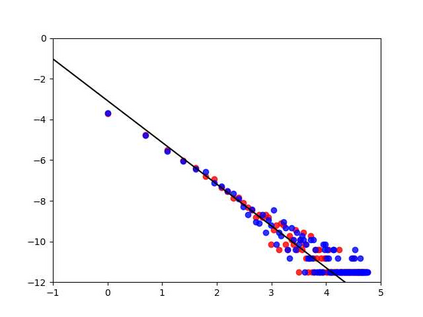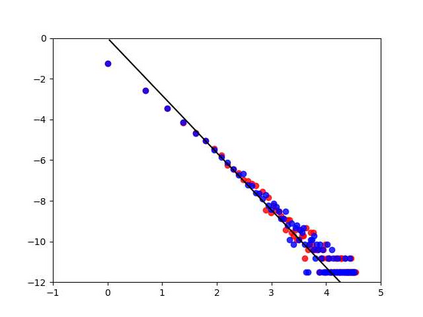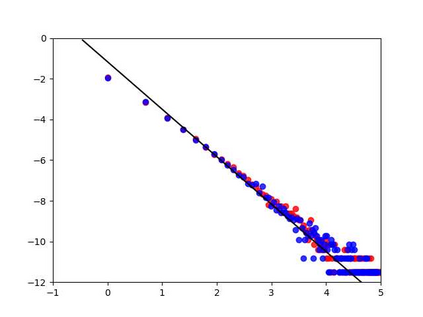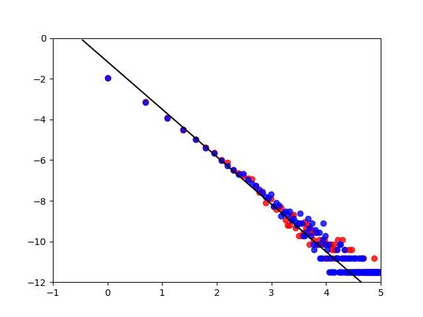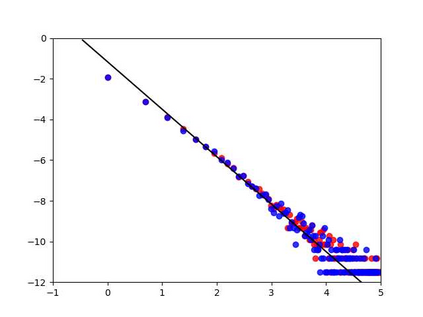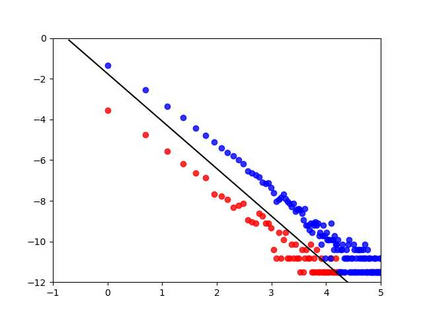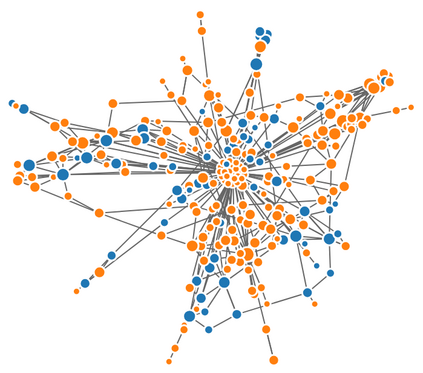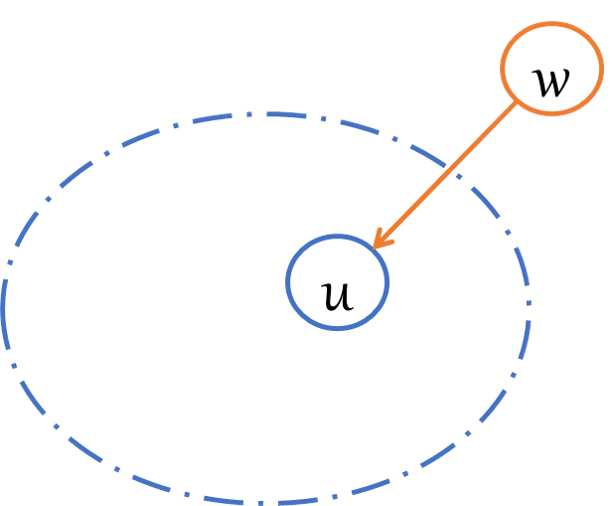"Rich-get-richer" and "homophily" are two important phenomena in evolving social networks. "Rich-get-richer" means people with higher followings are more likely to attract new fans, and "homophily" means people prefer to bond with others of the same social group or who have some other attribute in common. To formalize the phenomena simultaneously in the context of an evolving social network, we consider a K-groups preferential attachment (KPA) network model, which is helpful for the social networks recommender system. The main contribution of this paper is to propose a new evolving social network model with the mechanisms of rich-get-richer and homophily. We show that the KPA model exhibits a power-law degree distribution for each group and prove the central limit theorem (CLT) for the maximum likelihood estimation (MLE) of the parameters in the KPA model. We illustrate our results through simulated data and explore the usage of this model with real data examples.
翻译:“Rich-get-richer”和“homophiely”是不断演变的社会网络中两个重要现象。“Rich-get-richer”是指具有较高追随者更有可能吸引新粉丝的人。“homophy”是指人们更愿意与同一社会群体的其他人或具有其他属性的人联系起来。为了同时在不断变化的社会网络中使这些现象正规化,我们认为K-groups优先附属关系(KPA)网络模式对社会网络推荐者系统很有帮助。本文的主要贡献是提出一个新的不断演变的社会网络模式,其机制是富饶和同质。我们显示,KPA模式展示了每个群体的权力-法律学位分布,并证明了对KPA模式参数的最大可能性估计(MLE)的中央参数限制。我们通过模拟数据来说明我们的结果,并用真实的数据实例来探索这一模式的使用情况。

